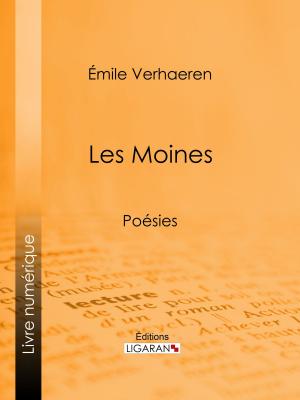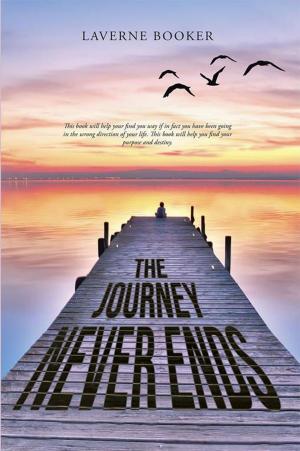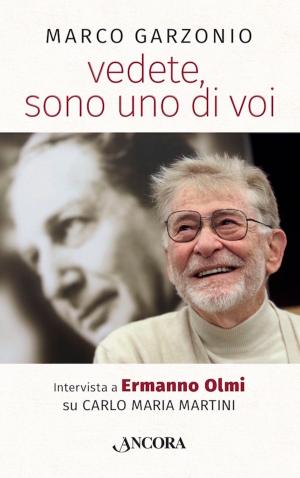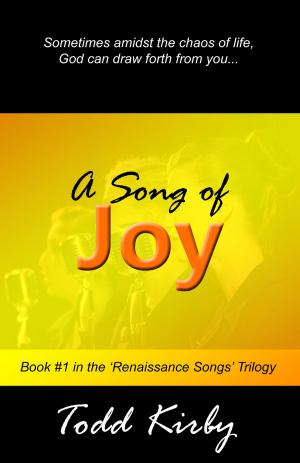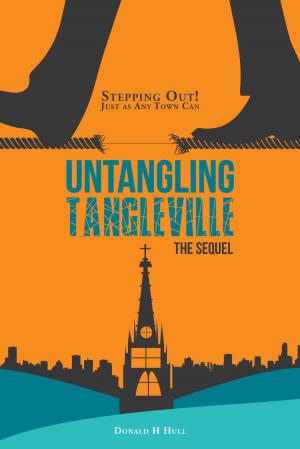Intuitions: Philosophical Journeys Into Faith, Intuition, Error & Postmodernism
Nonfiction, Religion & Spirituality, Philosophy, Religious| Author: | Chirag Patel | ISBN: | 9781311347206 |
| Publisher: | Chirag Patel | Publication: | May 16, 2016 |
| Imprint: | Smashwords Edition | Language: | English |
| Author: | Chirag Patel |
| ISBN: | 9781311347206 |
| Publisher: | Chirag Patel |
| Publication: | May 16, 2016 |
| Imprint: | Smashwords Edition |
| Language: | English |
Philosophy is a strange mistress. My love affair with her began accidentally, when an interest in comparative theology led me towards Aquinas. I went on to do my BA in English, at a university where there was a heavy focus on critical theory and the use of philosophy to understand literature.
From there, I spiralled off into the abstract distance with an MA in postmodernism, a field that is so convoluted that I swore off academia for years afterwards.
Instead, I travelled, and realised the most important truth to philosophy – that anyone can do it, and in fact everyone does. There was this one guy I met while I was hitchhiking in New Zealand (recounted in the companion book Escapades). He has the most enormous and well-kept beard, and told me that he’d been in the merchant navy since he was 16, leaving the north of England to travel across the world.
He proceeded to give me an education in natural philosophy. As he spoke, I ticked off philosophers, quickly realising that the most powerful insights of the great minds of the last two centuries had found a natural home in a man who had left school long before I was born.
From there, my engagement was an uncomfortable mix of the theoretical and actual. I went into my PhD and decided to approach the problem of intuition – more particularly, of how we can give people the ‘knack’ for a given discipline. That culminated in the NGO project Feeding The Self, which uses a system designed to give meaning to children’s education by getting them to learn about it in the garden and community.
For more on the garden project and how it works, you can check out the companion book Growth. For more on the philosophy of education, look at Phronesis. Both of those are more practical, and less theoretical, than what is here.
Contained in this book are ruminations on philosophy form the most basic (what is the value of religious intuition, or intuition in general?) to the most subtle and difficult (how does the constant and inevitable erroring translation affect our processes?). Many of the ideas deal with problems of mind, and of how we can think without the chilling effect of hard logic, while retaining the valuable effects of our deeper selves.
There’s also a range of content from my Masters, which focuses on Postmodernism. First, there’s a set of articles on the philosophy of postmodernism – ways of using the approach that it suggests to unpick or sophisticate other thoughts. Secondly, there’s a series of case studies of specifically postmodern artefacts, from buildings and albums to films and literature.
Explorations in using philosophy to navigate the real world problems of mind, learning, making mistakes, and the minefield of abstraction that is postmodernism.
There are a few questions that have always kept me wondering. This book is my attempt to answer or at least understand some of them, including:
What is the value in being wrong?
What is intuition?
How can development of the mind and soul be improved in practical ways?
What is postmodernism, and what actual impact does it have? How can we use it to rethink the world?
What is religion, and why is it useful?
Philosophy is a strange mistress. My love affair with her began accidentally, when an interest in comparative theology led me towards Aquinas. I went on to do my BA in English, at a university where there was a heavy focus on critical theory and the use of philosophy to understand literature.
From there, I spiralled off into the abstract distance with an MA in postmodernism, a field that is so convoluted that I swore off academia for years afterwards.
Instead, I travelled, and realised the most important truth to philosophy – that anyone can do it, and in fact everyone does. There was this one guy I met while I was hitchhiking in New Zealand (recounted in the companion book Escapades). He has the most enormous and well-kept beard, and told me that he’d been in the merchant navy since he was 16, leaving the north of England to travel across the world.
He proceeded to give me an education in natural philosophy. As he spoke, I ticked off philosophers, quickly realising that the most powerful insights of the great minds of the last two centuries had found a natural home in a man who had left school long before I was born.
From there, my engagement was an uncomfortable mix of the theoretical and actual. I went into my PhD and decided to approach the problem of intuition – more particularly, of how we can give people the ‘knack’ for a given discipline. That culminated in the NGO project Feeding The Self, which uses a system designed to give meaning to children’s education by getting them to learn about it in the garden and community.
For more on the garden project and how it works, you can check out the companion book Growth. For more on the philosophy of education, look at Phronesis. Both of those are more practical, and less theoretical, than what is here.
Contained in this book are ruminations on philosophy form the most basic (what is the value of religious intuition, or intuition in general?) to the most subtle and difficult (how does the constant and inevitable erroring translation affect our processes?). Many of the ideas deal with problems of mind, and of how we can think without the chilling effect of hard logic, while retaining the valuable effects of our deeper selves.
There’s also a range of content from my Masters, which focuses on Postmodernism. First, there’s a set of articles on the philosophy of postmodernism – ways of using the approach that it suggests to unpick or sophisticate other thoughts. Secondly, there’s a series of case studies of specifically postmodern artefacts, from buildings and albums to films and literature.
Explorations in using philosophy to navigate the real world problems of mind, learning, making mistakes, and the minefield of abstraction that is postmodernism.
There are a few questions that have always kept me wondering. This book is my attempt to answer or at least understand some of them, including:
What is the value in being wrong?
What is intuition?
How can development of the mind and soul be improved in practical ways?
What is postmodernism, and what actual impact does it have? How can we use it to rethink the world?
What is religion, and why is it useful?





